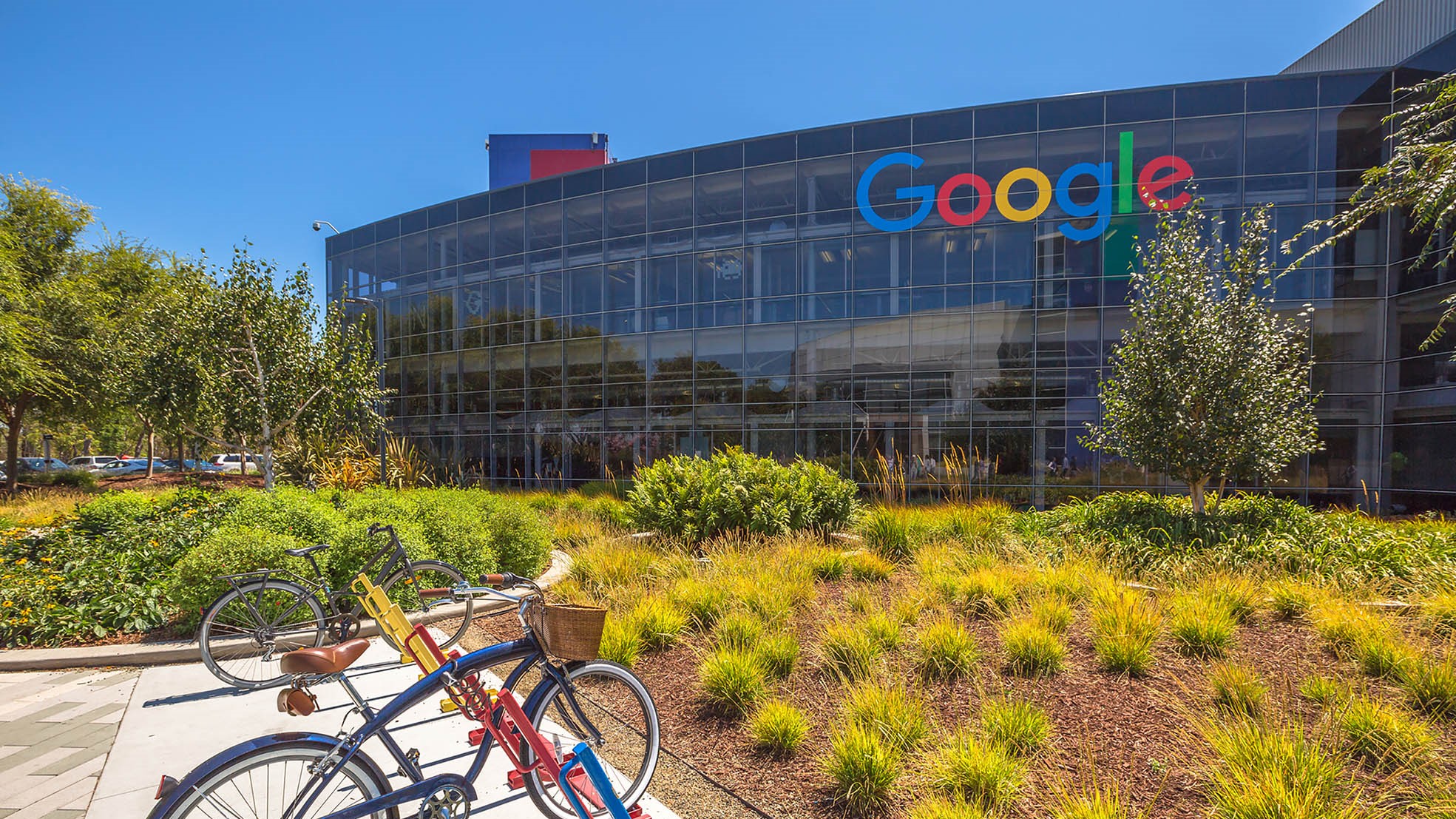Google’s Verily opens cancer testing lab

Google’s life sciences arm Verily has opened a cancer testing lab for Freenome - a startup it invested in earlier this year.
Situated on Verily grounds in San Francisco, the lab will house Freenome’s entire team of around 40 people, who will be working on the development of liquid cancer screening tests.
The company’s aim is to develop a test that detects cancer in its earliest stages when it is much easier to treat. It is currently developing tests for the ‘big four’ cancers: lung, breast, prostate and colorectal.
CNBC reports that Verily’s investment came as part of a $65 million series A funding round in March, separate to the investment of GV, Google’s venture arm.
According to reports, the lab was built to Freenome’s exact specifications as a means of sweetening a collaboration deal between the two.
“These funds will help bring Freenome’s technology to market faster by accelerating our ongoing research and clinical trials,” the company said in a statement released at the time of the funding round. “We are working with several institutions such as University of California, San Francisco (UCSF), Moores Cancer Center at UC San Diego Health (UCSD) and Massachusetts General Hospital (MGH) to ensure our tests are accurate and effective.”
For Freenome, the partnership gives it a powerful companion to help drive its cancer prevention tests to the fore of the market. And for Verily, the investment goes together with its ongoing work in the field.
But competition is intense. Its biggest competitor is Illumina spin out Grail which, led by former Google exec Jeff Huber, has almost $1 billion backing it – a figure that dwarfs Freenome’s $65 million. Amazon, Bristol-Myers Squibb and Bill Gates are all investors.
The company is currently conducting two large-scale cancer studies. The Circulating Cell-Free Genome Atlas Study (CCGA) is enlisting 7,000 people with cancer and 3,000 without to build a comprehensive genomic map of cancer, whilst the STRIVE study is planning to enlist up to 120,000 women at the time of their screening mammogram to help build a breast cancer detection test.
It is collaborating with several healthcare and academic institutions to conduct both trials, including the Mayo Clinic, Memorial Sloan Kettering and Sutter Health.












